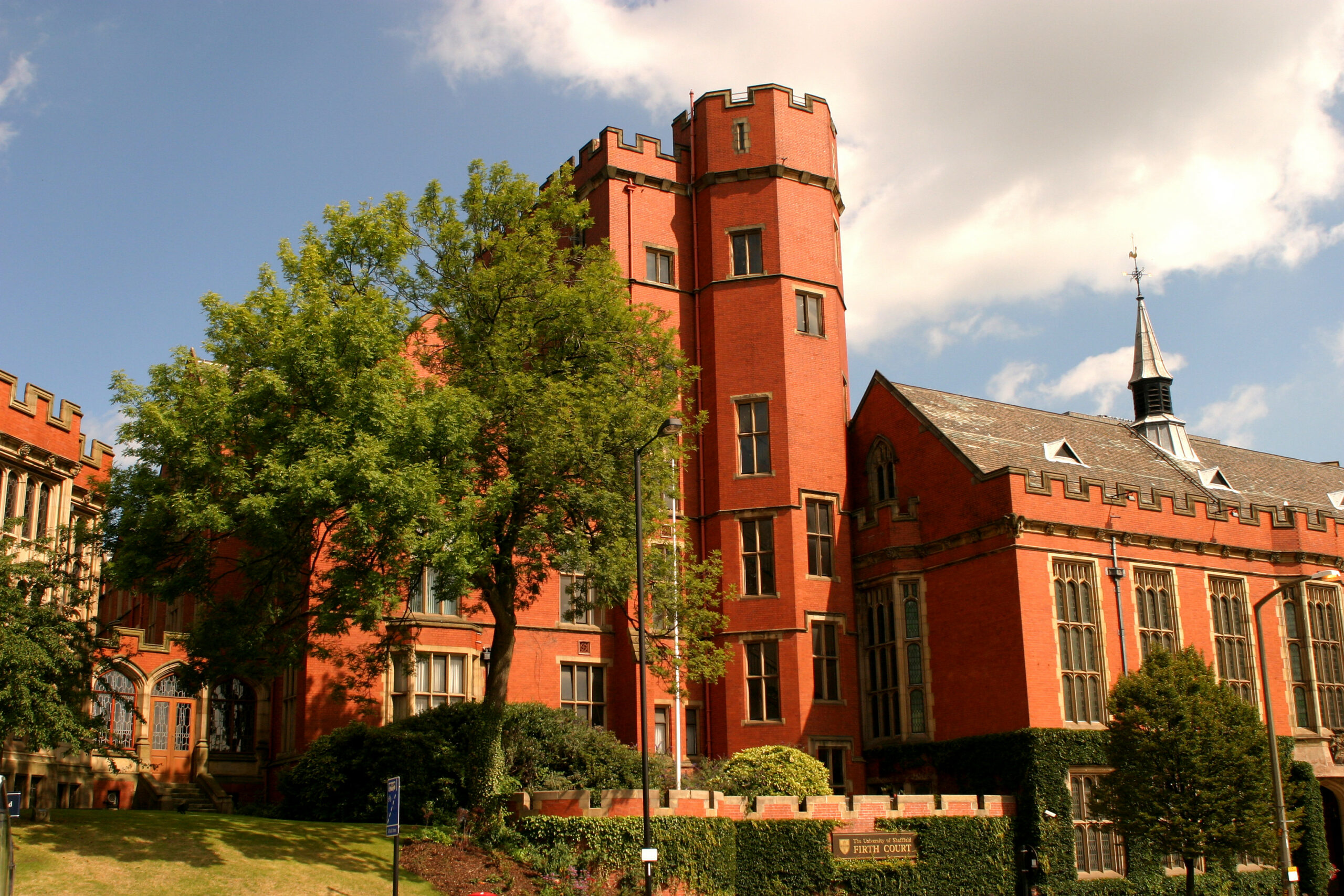- ...
Postgraduate Studentships - Search for funding opportunities.
Postgraduate Studentships - Search for funding opportunities.
Learn how to apply advanced statistical techniques to solve problems in medicine and healthcare.
This course trains you to use statistical tools that are central to many areas of medicine: from clinical trials, to disease modelling, to measuring patient outcomes.
You’ll develop a detailed working knowledge of essential statistical techniques and concepts, including linear and generalised linear modelling, Bayesian statistics and computational methods and build up your programming and data analysis skills using the statistical computing software R.
You’ll study how these skills are applied in clinical trials and choose from a range of optional modules that focus on the role of statistics in other areas of medicine, such as epidemiology and evaluating healthcare interventions.
There are also optional modules on other topics in statistics, including time series analysis and machine learning.
Around one-third of the course is devoted to your dissertation on a medical or healthcare related topic. This may focus on investigating a data set or a more theoretical or methodological topic. The aim is to give you skills to include on your CV, such as planning and researching a project, data acquisition, problem specification, analysis and reporting your findings. Distance learning students often come with projects designed by their employer.
We ask for a 2:1 honours degree, or equivalent, with substantial mathematical and statistical components. In particular, you should have studied the following topics and performed well in assessments on them (for example, a score of at least 60 per cent).
For fees please see our website.
We have a number of funding options including scholarships.
This course is great training for statistician roles across medicine and healthcare. The skills students develop can be used to help bring new drugs to market in the pharmaceutical industry, design public health interventions to tackle national and international healthcare challenges or support clinicians on the frontline in the NHS.
This degree satisfies the eligibility criteria for the Royal Statistical Society’s Graduate Statistician award – a stepping-stone to full professional membership of the RSS and Chartered Statistician status.
Please see our website for modules

University of the Year 2024 - voted by our students Studying at the University of Sheffield means you’ll get the future that follows a degree from a&...
Sign up to Postgraduate Studentships
Sign up to compare masters
Thanks for making your selection. Click below to view your comparisons.